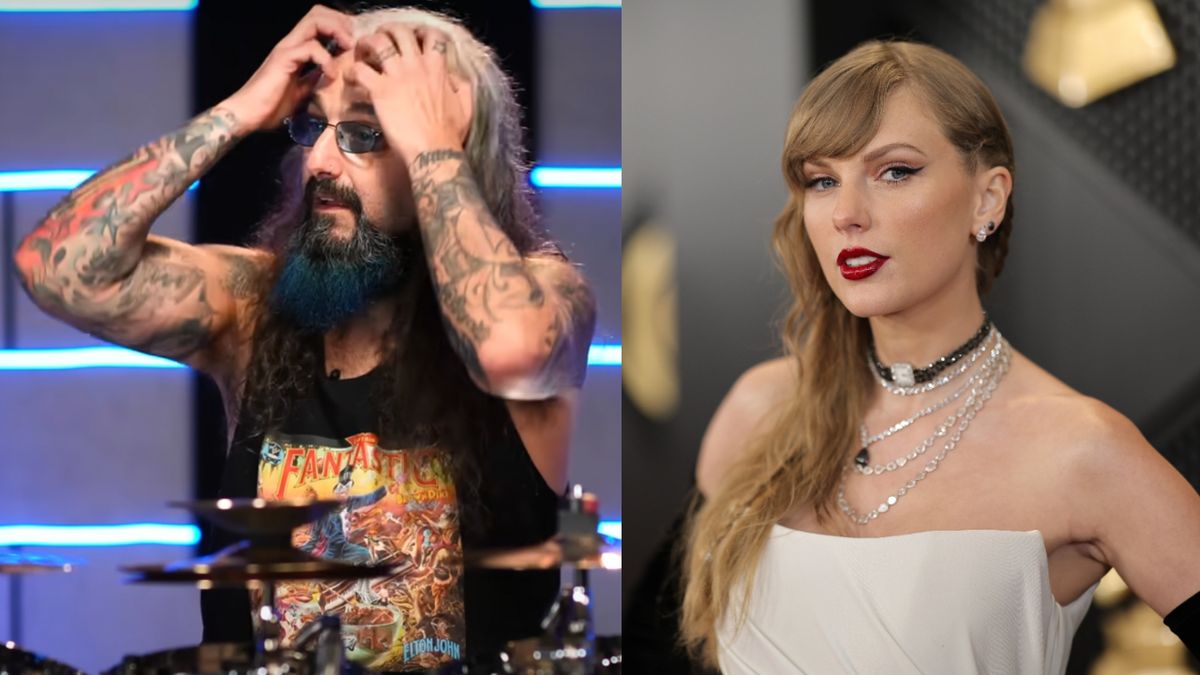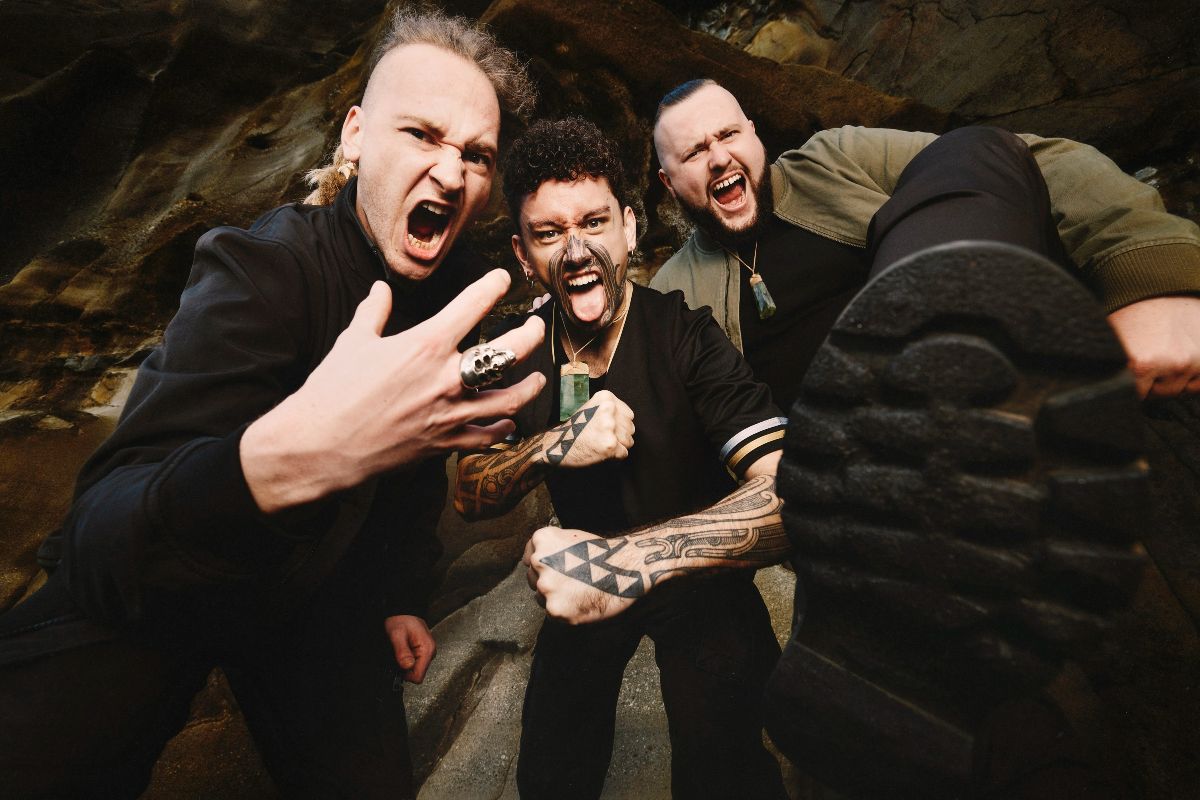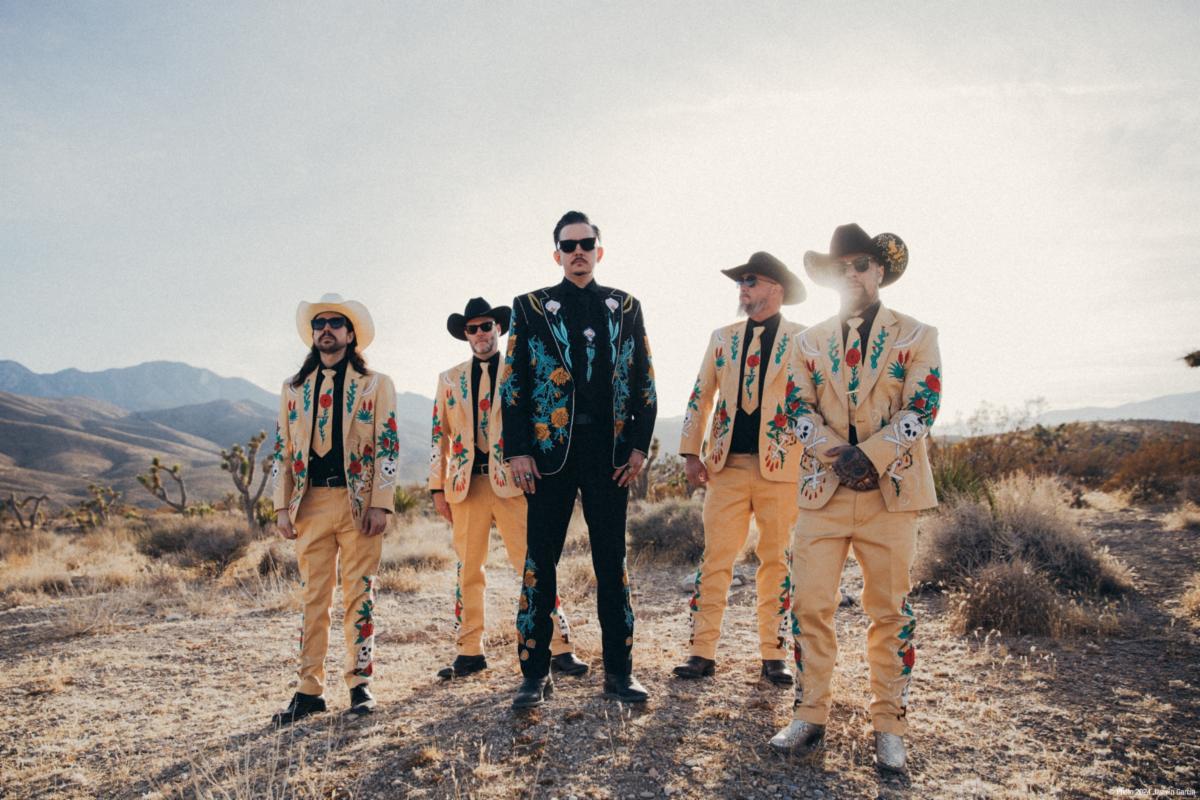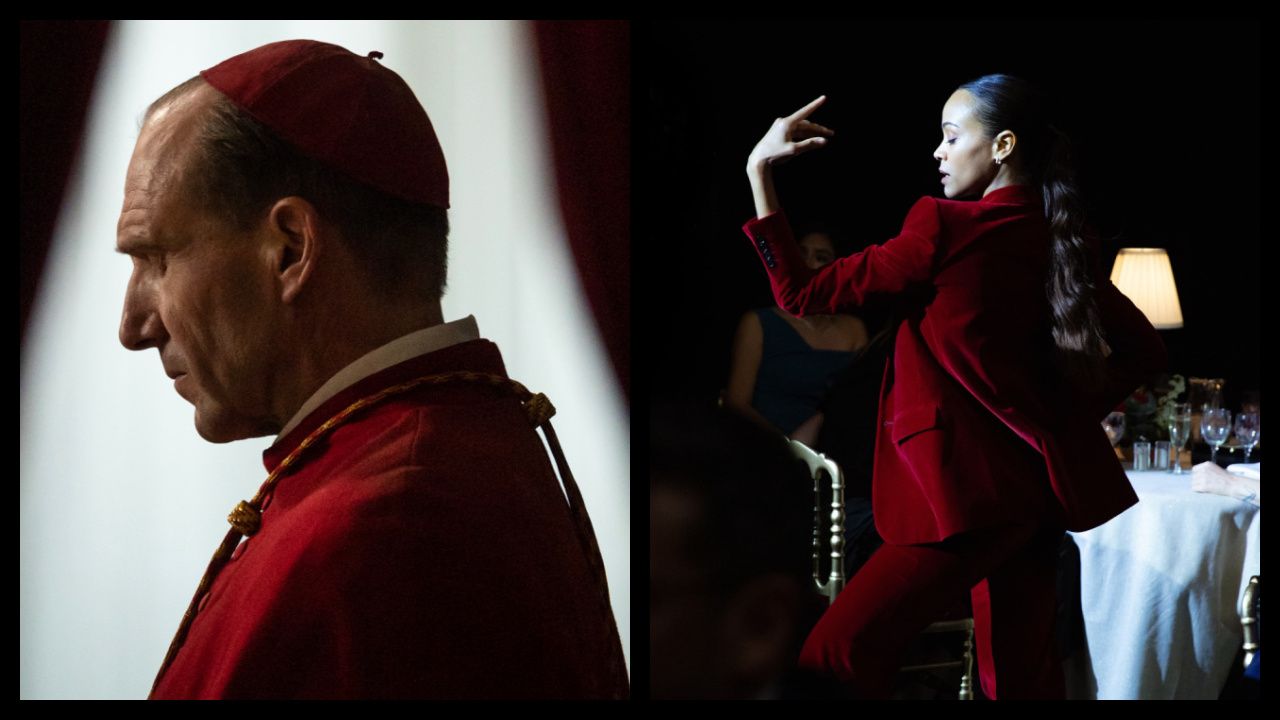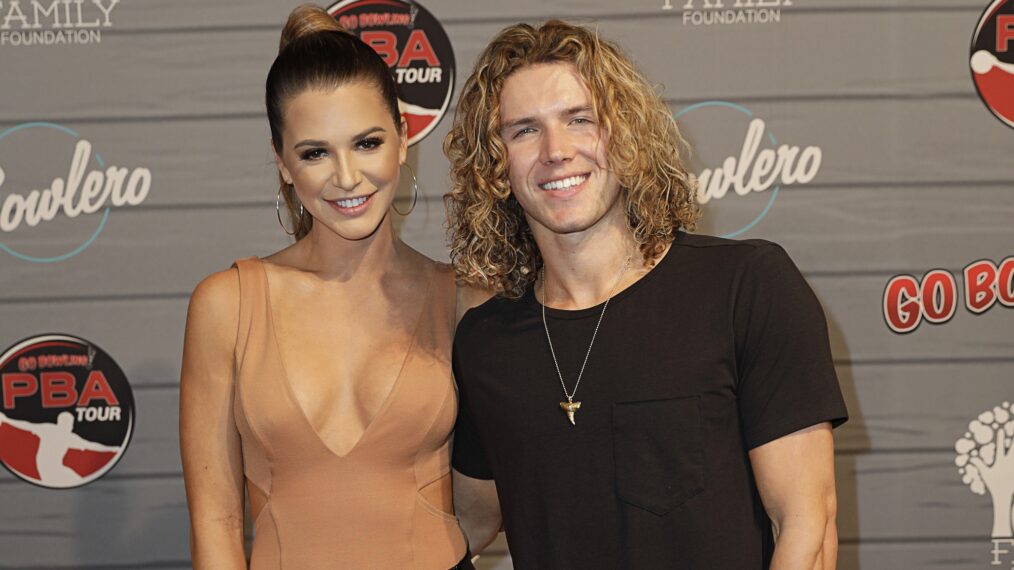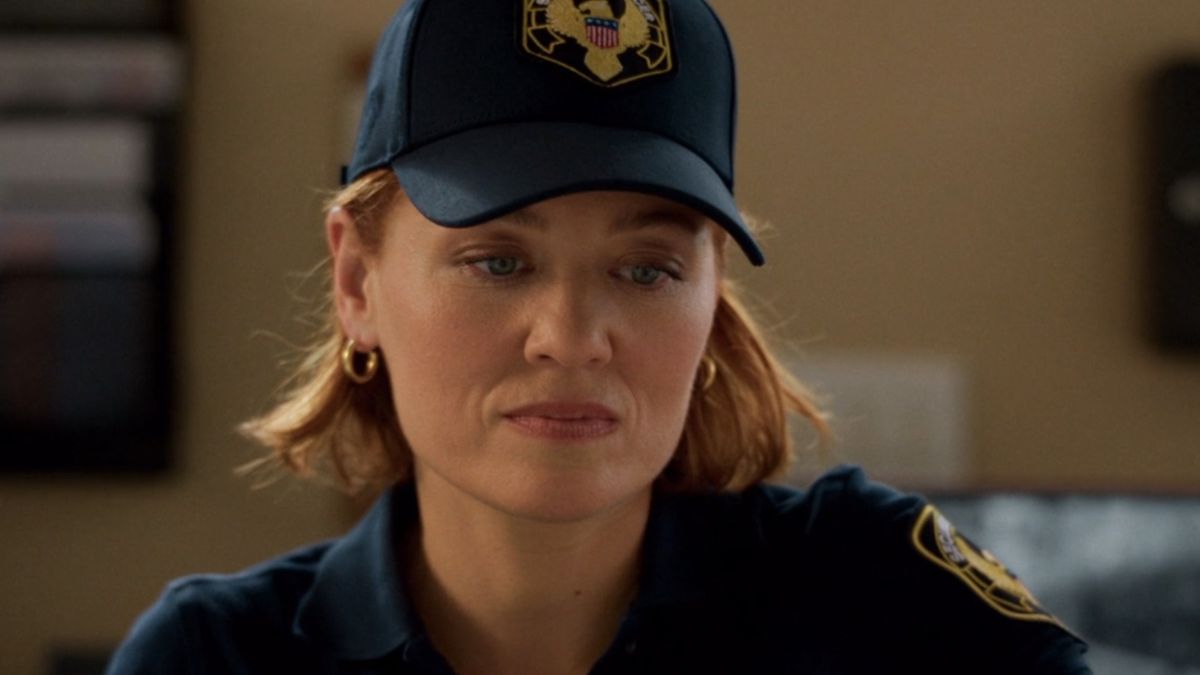
A classically trained violinist turned genre-spanning enigma, Joan Wasser spent the ’90s immersed in the indie-rock world, performing with Mind Science Of The Mind, Those Bastard Souls and, most notably, the Dambuilders. Jolted by the sudden death of boyfriend Jeff Buckley in 1994, she put down the violin and picked up just about every other instrument. Steadily, Wasser cultivated the Joan As Police Woman persona to sustain her copious creative impulses, mastering piano, guitar and bass and writing her own string arrangements for what’s now been an impressive 20-year solo run marked by numerous critical accolades.
Along the way, Wasser has worked with stunningly diverse mix of artists, from Lou Reed, Beck, David Byrne, Daniel Johnston and Damon Albarn to Toshi Reagon, Laurie Anderson, RZA, Norah Jones and Rufus Wainwright. Limes And Orchids (PIAS) is the first original music from Joan As Police Woman in six years. Wasser elaborates.
Lemons, Limes And Orchids has been described as a “nocturne about love and loss.” How so?
This album feels like a nighttime album—don’t you agree? It takes its time. It leans into the sofa and breathes deeply. It surveys the whole scene and reports back with a slow dance.
How did the death of your friend and collaborator Tony Allen figure into the new material?
I wrote a song “Enter The Dragon” about Tony’s death on my previous album, (2021’s) The Solution Is Restless, which I made from our improv session. The longer I stay alive, the more people I’ll lose. This is at the forefront of how I live my life. I try to do—not think about doing. I try to temper my fear with more love.
There’s a purity to this album that sets it apart from your previous releases. Some of that has to do with the arrangements and the instrumentation. Tell us about the players you worked with. How did they contribute to making the album what it is?
The lineup includes Meshell Ndegeocello on bass, Chris Bruce on guitar, Daniel Mintseris on keys and synths, Parker Kindred on drums, percussion and vocals, and Otto Hauser on drums and percussion. We traveled to Woodstock, N.Y., between Christmas and New Year’s to a studio called Applehead Recording, where you can also sleep and make meals. We did both. Having the ability to wake up and start making music together first thing is priceless, and getting to make this album all in one session proved to be critical to its coherence. The level of musicianship is absolutely top shelf. Meshell and I have collaborated over several years, and I’m grateful I have her amazing musicality and sassiness on the album. Chris is a master guitar player—so proficient it’s almost embarrassing. Once you play with Chris, you’re spoiled forever; he can do it all. Daniel is incredible at listening to the song and finding the exact sounds to create the textures that hold it all together. Parker and Otto are two of my favorite drummers. They both only play what’s necessary and do so with such feeling and sensitivity.
In so many ways, you’re a uniquely New York artist. How has the city motivated and shaped you from a creative standpoint?
NYC moves. It famously “never sleeps,” but it also never slows down. It’s this aspect of it that actually makes me feel relaxed. I don’t want to ever be the one who’s moving the fastest—I want to be somewhere in between. The city is diverse and inclusive; it feels like a microcosm of the world, which is exciting for me musically. I don’t have to travel to Pakistan to hear raga—I can go find it in Queens. There was a kora player in the Bedford L train stop who was so good people would let their train pass by to keep listening. NYC is teeming with music and creativity of all kinds. Inspiration is found in every corner and on every corner.
You’ve embraced so many musical styles over your career. Where do you do feel the most at home?
I’m not sure I ever know what style I’m writing in. I just go with the feelings. I feel best when the music itself feels like home.
—Hobart Rowland
See Joan As Police Woman live.

